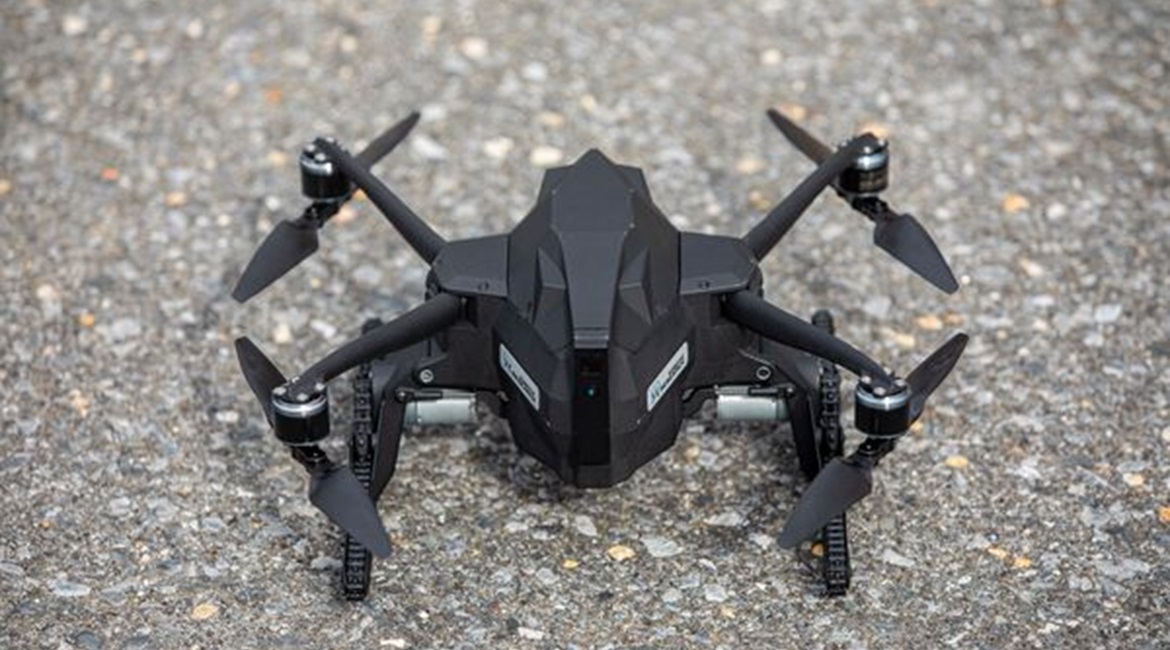
The US Defense Threat Reduction Agency (DTRA) has awarded Robotic Research a small business contract to evolve the design and increase the capacity of the company's Pegasus Mini hybrid unmanned aerial system/unmanned ground vehicle (UAS/UGV).

Robotic Research's Pegasus Mini hybrid UAS/UGV. The company received an SBIR Phase II contract from the US Defense Threat Reduction Agency to evolve the aircraft's design and increase its capacity. (Robotic Research)
Planned upgrades include changes to the airframe, battery, and computing and sensing capabilities. DTRA plans to incorporate the Pegasus Mini, the smallest platform in the Pegasus vehicle family, with a larger capacity into the agency's Modular Autonomous Counter-Weapon of Mass Destruction, Increment B (MACS-B) programme.
The two-year award is a Small Business Innovation Research (SBIR) Phase II contract, according to a company statement. SBIR Phase II awards are generally worth USD750,000.
Jim Frelk, Robotic Research senior vice president, told Janes on 19 August that the company will deliver more than one Pegasus Mini to the DTRA as part of this contract. Robotic Research wants to increase the vehicle's performance by evaluating ways to reduce its weight, which would increase its flight time and improve its durability.
Reducing the Pegasus Mini's overall weight, Frelk said, would enable it to carry more payload or increase its duration of flight or drive time. Robotic Research is hardening the platform and providing a more product-ready vehicle, at around technology readiness level (TRL) 4, as part of the award. At TRL 4, basic technological components are integrated to establish that they will work together.
The Pegasus Mini weighs 1.8 kg, including battery, and has more than 30 minutes of flight time or more than 2 hours of ground mode. The platform can support up to 0.9 kg payload.
Looking to read the full article?
Gain unlimited access to Janes news and more...




